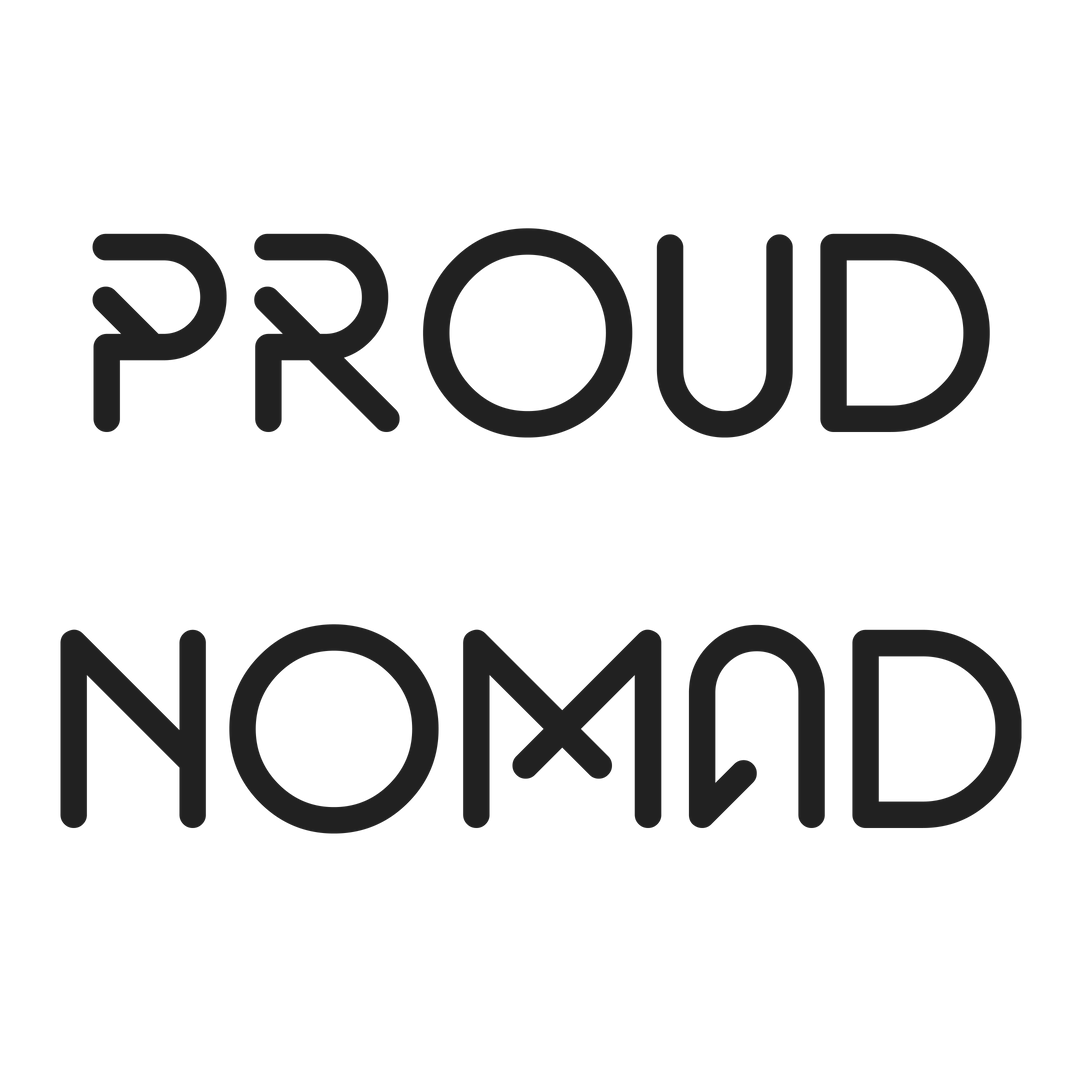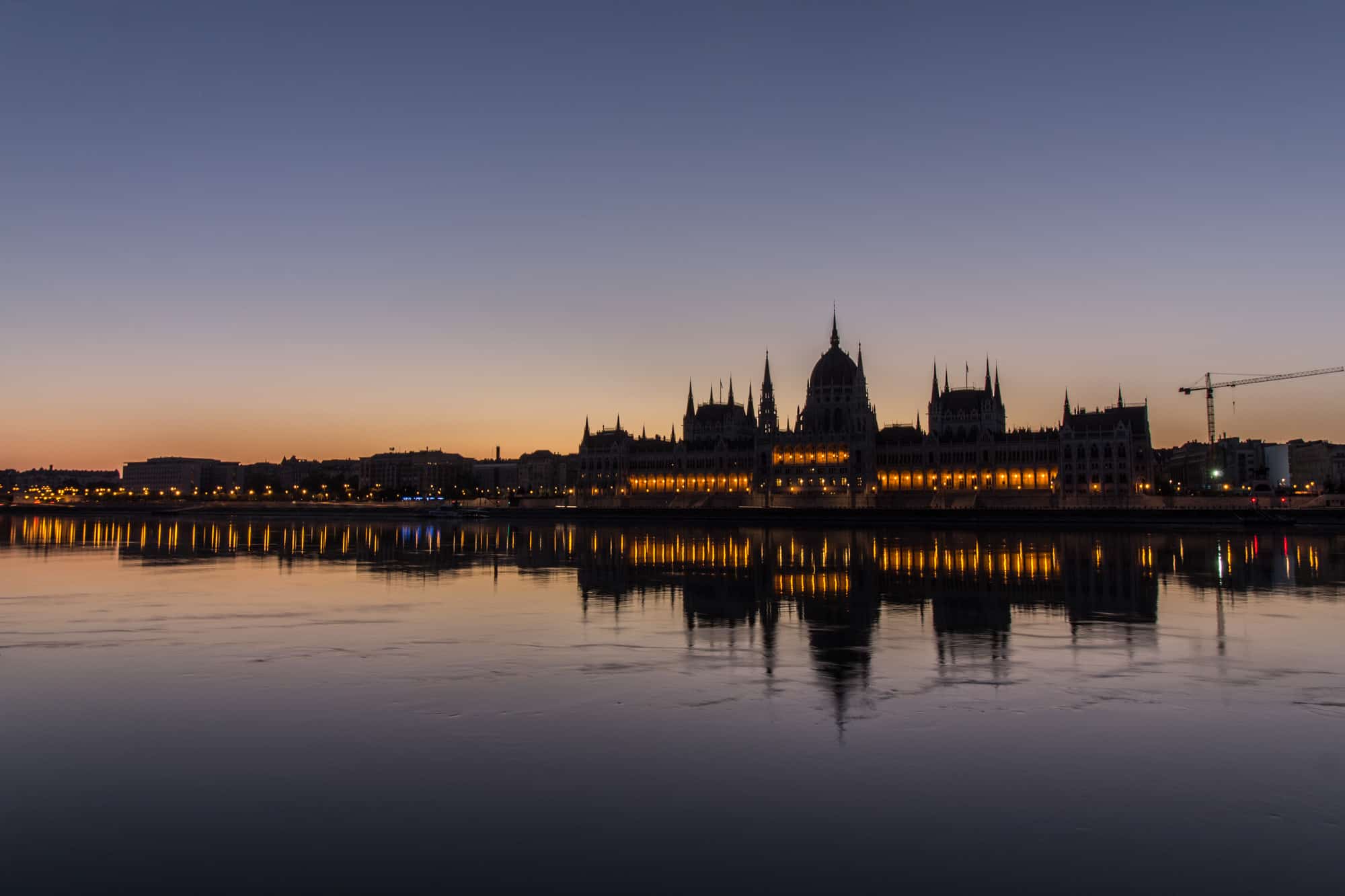Romania for Digital Nomads
Facts About Romania
The name “Romania” comes from the Latin word “Romanus” which means “citizen of the Roman Empire”. Romania is situated in the southeastern part of Central Europe and shares borders with Hungary to the northwest, Serbia to the southwest, Bulgaria to the south, the Black Sea and Ukraine to the southeast and to the north and the Republic of Moldova to the east. Roughly the size of Oregon, Romania is the second largest country in the area, after Poland.
Officially, Bucharest has been the capital of Romania since 1862, unofficially, since the end of 1859, when many foreign chancelleries moved their headquarters to Bucharest. Today, it is by far the largest city in Romania with a population of 2 million people.
Foreign visitors consider Romanians among the friendliest and most hospitable people on earth, as you will have the opportunity to discover on your tours in Romania. Romanians are by nature fun-loving, warm, hospitable, playful, with an innate sense of humor.
Things for which Romania is famous include: the Carpathian mountains, sculptor Constantin Brancusi, wine, salt mines, George Enescu, medieval fortresses, Eugene Ionesco, Dacia cars, and Dracula.
Information About Entry and Departure
A valid passport is required for all overseas/ non-EU visitors. Your passport must be valid for the entire duration of your visit.
For stays longer than 90 days visitors need to need to apply for a temporary residence permit (either before arriving into Romania or at least 30 days before the 90-day “no visa” stay expires).
Citizens of the European Union countries can enter Romania with a valid passport or with their National Identity Card.
Safety
Although violent crime against tourists is almost non-existent. Visitors should take customary steps to safeguard their valuables. Leave your valuables and passport in a safety deposit box or use a money belt kept out of sight. Be aware of pickpockets and scam artists in major cities.
Money
Romania’s currency is Leu (plural “Lei” – pronunciation: lay). Foreign currencies may be exchanged at banks or authorized exchange offices (called: “casa de schimb” or “birou de schimb valutar”). International airports and larger hotels also offer currency exchange services.
ATM machines are available at main banks and at airports and shopping centers. Although there are very few ATMs in remote areas or villages.
Major credit cards including American Express, Mastercard and Visa are accepted in large hotels, car rental companies, and stores in the main cities. However, credit cards are unlikely to prove useful in small towns or away from tourist areas
WI-FI
Romania is known for having one of the fastest WiFi in Europe. Ranked in the top 10 in the world and 1st in Europe in terms of average Internet peak connection speed.
Wifi is readily available pretty much anywhere like cafes, pubs, and even in public places.
Mobile Internet
You can purchase a prepaid SIM card with 2,000 local minutes/SMS and 9GB of domestic data for 10 Euros ($11.83 USD). Note that the Romanian network operators advertise their prices in euros, but the local currency is the Romanian Leu.
Some of the popular cell phone carriers in Romania are the following:
- Orange
- Vodafone
- Telekom
- Digi Mobil
MiFi
Another possibility for mobile internet access is a MiFi device, which creates a WiFi network for you. I have tested the GlocalMe device and think it’s a really useful addition of my travel equipment. You can either use it as an ordinary wireless router with up to two SIM cards (very useful if you work with mobile TANs, you want to be available on your local number or if you want to use the social networks with a 2-factor authentication) but you can also use it without a physical SIM card but with the built in cloudSIM technology (which is of course more expensive) in over 100 countries worldwide. Apart from that it’s also a 6000 mAh powerbank, which is never bad to have with you.
Living in Romania as a Digital Nomad
Airbnb*, hostels, and hotels are all great options for short term stays. Prices vary based on amenities and location. I was staying in Bucharest at an Airbnb for 10 Euro per night.
Romanians are friendly and open and foreigners are usually made very welcome. Chatting with visitors is very common for Romanians and they will find a way to communicate with you even if they cannot speak your language.
For a studio apartment or a one bedroom, the price is around 200-250 euros per month. Naturally, cheaper apartments will be smaller and perhaps not as renovated. Also if you live in the center of town, apartments will be pricier than those further away from the city center.
Bucharest has a very dense network of transportation with buses and trams. The only problem is to figure out where the stops are and when the bus will arrive, which can be random sometimes. You’d probably rather stay next to a metro station and use the subway (15€ for a monthly card) or taxi (0,30€ / km) or Uber.
Regarding entertainment, there are lots of cool bars, concerts, events, sightseeing and more than meets the eye. Just start with a pint of beer in the center (around 2€)
Coworking Spaces
Commons Unirii: Commons is a dynamic network of fully-serviced coworking spaces. Our informal lounge-like offices provide the perfect backdrop for creative and professional excellence while our vibrant and diverse community of Commoners offers exposure to like-minded people from all industries.
TechHub Bucharest: Helping startups get better faster, TechHub is no stand-alone operation. It is an international network of nurturing likeminded TECH entrepreneurs and providing the spaces for them to work, meet, collaborate, network, learn and have a bit of fun along the way.
Impact Hub: With more than 50 spaces, Impact Hub is one of the biggest chains of coworking spaces in the world.
20 Useful Words / Phrases for Digital Nomads in Romania
| Hello | buna |
| Yes | da |
| No | nu |
| Thank you! | Mulțumiri! |
| Please | Vă rog |
| Excuse me… | Scuzati-ma… |
| Where is …? | Unde este….? |
| My name is …? | Numele meu este ….? |
| I don’t speak Romanian | Eu nu vorbesc limba română. |
| Do you speak English? | Vorbesti engleza? |
| I’m German. | Sunt din Germania. |
| Could you help me? | Ai putea sa ma ajuti? |
| I need … | am nevoie …. |
| Hungry | flămând |
| Thirsty | însetat |
| Water | apă |
| How much is this? | Cât de mult costă aceasta? |
| Beach | plajă |
| Mall | centru comercial |
| Hospital | spital |
The Numbers in Romanian
| 1 | un |
| 2 | doi |
| 3 | trei |
| 4 | patru |
| 5 | sinsi |
| 6 | șase |
| 7 | șapte |
| 8 | opt |
| 9 | nouă |
| 10 | zece |
| 11 | unsprezece |
| 12 | doisprezece |
| 13 | treisprezece |
| 14 | paisprezece |
| 15 | cincisprezece |
| 16 | șaisprezece |
| 17 | șaptesprezece |
| 18 | optsprezece |
| 19 | nouăsprezece |
| 20 | douăzeci |
| 30 | treizeci |
| 40 | patruzeci |
| 50 | cincizeci |
| 60 | șaizeci |
| 70 | șaptezeci |
| 80 | optzeci |
| 90 | nouăzeci |
| 100 | o sută |
| 1.000 | o mie |
| 1.000.000 | un million |
The Bucharest Guide for Digital Nomads
Subscribe to my newsletter so I can keep you posted about my life of travels and as a digital nomad! You will never miss a new blog post, a new ebook or where my next adventure is going to bring us. Because it’s never going to be boring!





